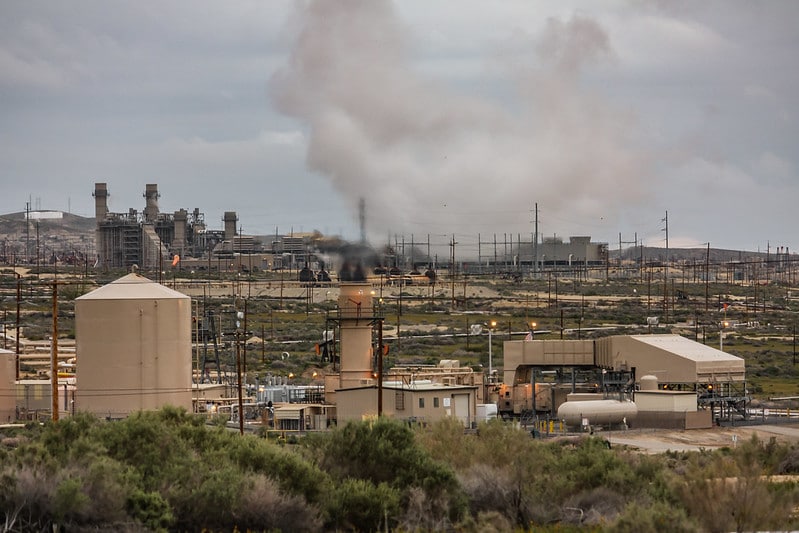The EU is considering classifying gas as a partially sustainable technology under its green labelling system for investors who wish to invest their money into sustainable finance, raising fears that it is engaging in greenwashing.
—
What is Happening?
- According to the Financial Times, the European Commission has paved the way for controversial technologies such as gas generated from fossil fuels to be recognised in its “taxonomy for sustainable finance.”
- This taxonomy is designed to be the world’s first classification system for green financial products by establishing science-based criteria on what counts as sustainable economic activity. This will be the first major attempt by a regulatory power to create a labelling scheme that will help guide billions of euros of investment into green financial schemes.
- The EU was forced to revise its proposals earlier this year after the first draft text was rejected by EU governments for excluding gas and nuclear power as sustainable forms of power.
- The draft legal text says that gas and other liquid fossil fuels can be used on power generation in cases where the technology replaces higher-emitting power sources and can cut emissions by at least 50% per kilowatt of energy produced.
- While the bloc has committed to become greenhouse gas-neutral by 2050 and plans to reduce emissions by 55% by 2030, many of its member states are adamant that they should be able to use sources such as gas and nuclear as part of the transition to net-zero emissions. They are concerned that the taxonomy will blacklist activities that they deem necessary to bring down emissions in many economic sectors.
You might also like: The Great Green Wall is Failing, But its Legacy Could Still Be A Success
- This has not gone down well with environmental campaigners, who have argued for a total exclusion of fossil fuels from the highest green label. Similarly Bas Eickhout, a Dutch Green MEP, said the taxonomy risked becoming a “political bargaining tool instead of a science-based golden standard for green finance.” He says, “It is a very bad message to the rest of the world that is following this discussion closely and should in no way lead to new fossil lock-ins, making our climate neutrality targets impossible to meet.”
- The European Parliament and EU member states have the power to reject the draft legal act within 30 days after it has been formally published by the commission in April 2021.
Featured image by: Flickr

















